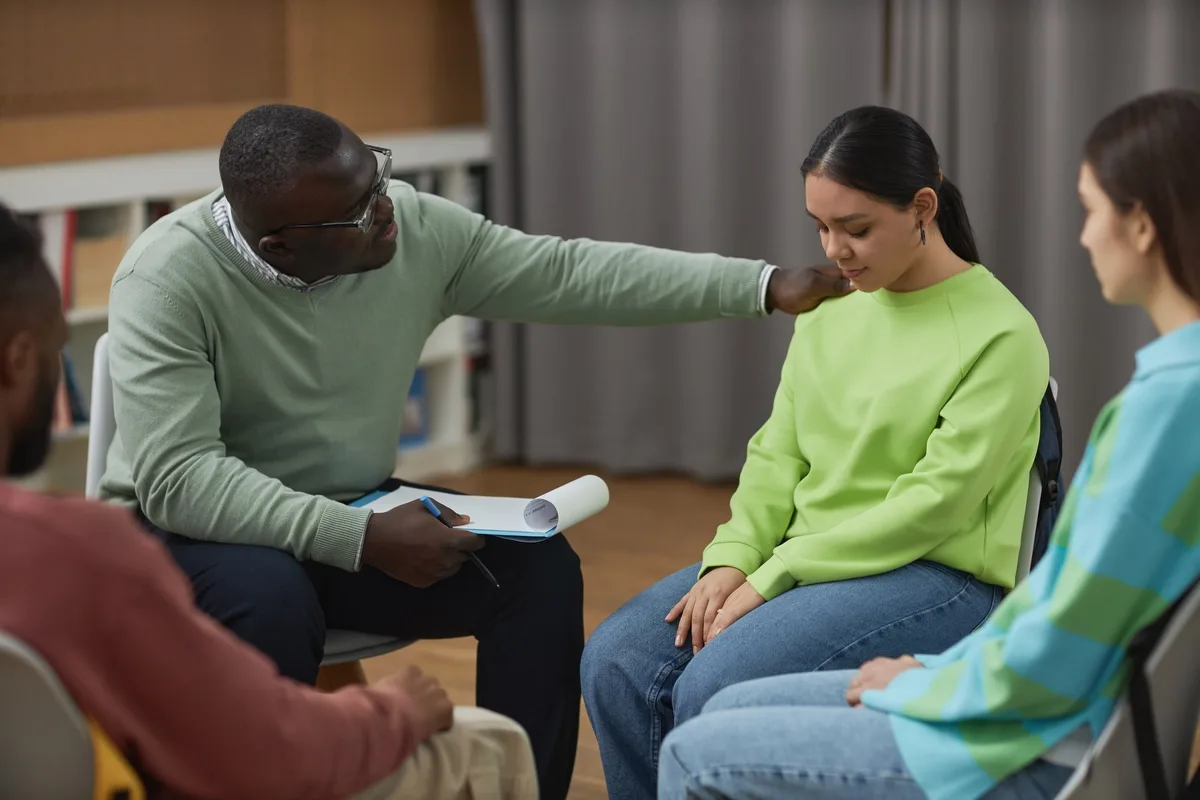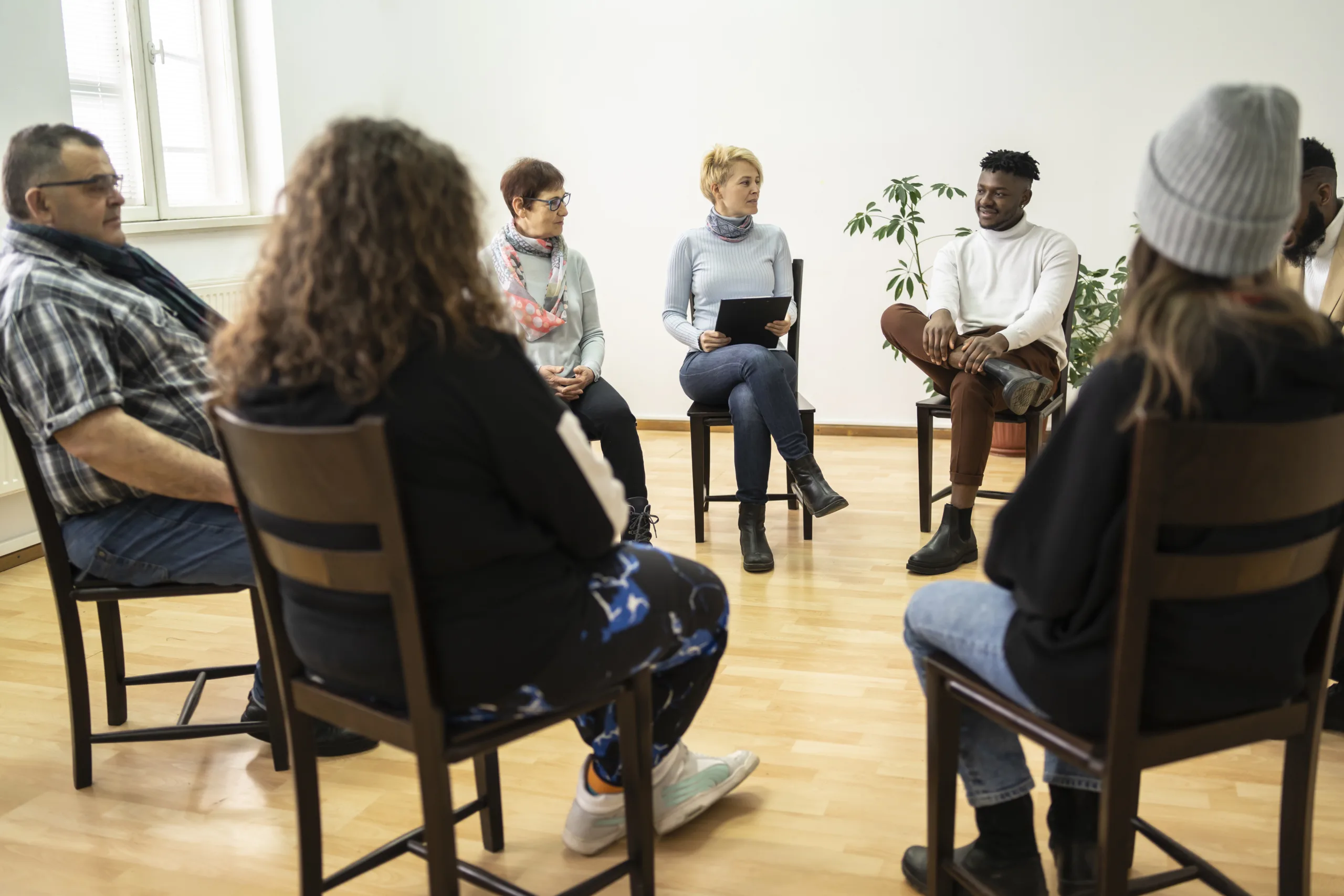24/7 Helpline:
(866) 899-221924/7 Helpline:
(866) 899-2219
Learn more about Aftercare Support centers in Salvisa
Aftercare Support in Other Cities

Other Insurance Options

Humana

Ambetter

GEHA

BHS | Behavioral Health Systems

Cigna

BlueShield

Medical Mutual of Ohio

Horizon Healthcare Service

Access to Recovery (ATR) Voucher

Magellan

Health Net

Holman Group

MVP Healthcare

Magellan Health

State Farm

AllWell

WellCare Health Plans

CareFirst

Providence

Optima



























